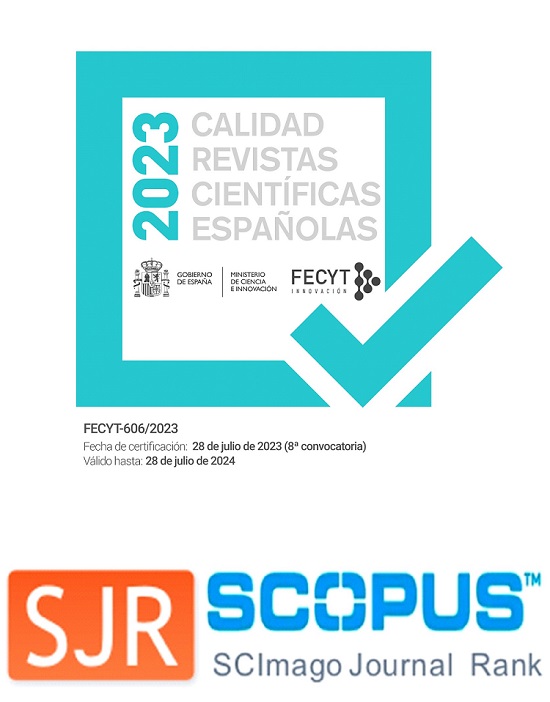A legislative controversy in 1848: blasphemies, swear street words… and the lanterns of the staircase
Keywords:
Legal secularization, Penal codification, Criminal classification, Religious offenses, BlasphemyAbstract
The sin and crime of blasphemy, severely dealt by the precontemporaneous secular laws, had faced the nineteenth century with its classic punishment of theological base and a penalty revalidated on paper, but falling into discredit and disuse; not only this, but it’s very persecution seemed to accuse the greatest negligence. The Penal Code of 1822 introduced an urgent reduction in punishment; the Code of 1848 degraded the qualification of the conduct to its book of faults, with such a bad warning that it systematized such suppositions together with incorrectnesses of very minor relevance in the common estimation, as it was the extinguishing of public lighting, maybe because of mischief, maybe as a preparatory act or facilitator of an attack on property or persons. An agile reform hastened to correct such an unforeseen nonsense, but maintained the blasphemy where it already was, among the faults, and so it continued in 1850. The Code of 1870 stopped even mentioning it, although it could be redirected to one of its faults against public order. And this was the reality that, in spite of the future swings in the codified regulation, then came to consolidate: the definitive transfer of its repression from the theologized areas of religious offense to those of protection of peace and public order.
Downloads
Downloads
Published
How to Cite
Issue
Section
License
Creative Commons Reconocimiento-NoComercial-SinObraDerivada 4.0 España (CC BY-NC-ND 4.0 ES)



